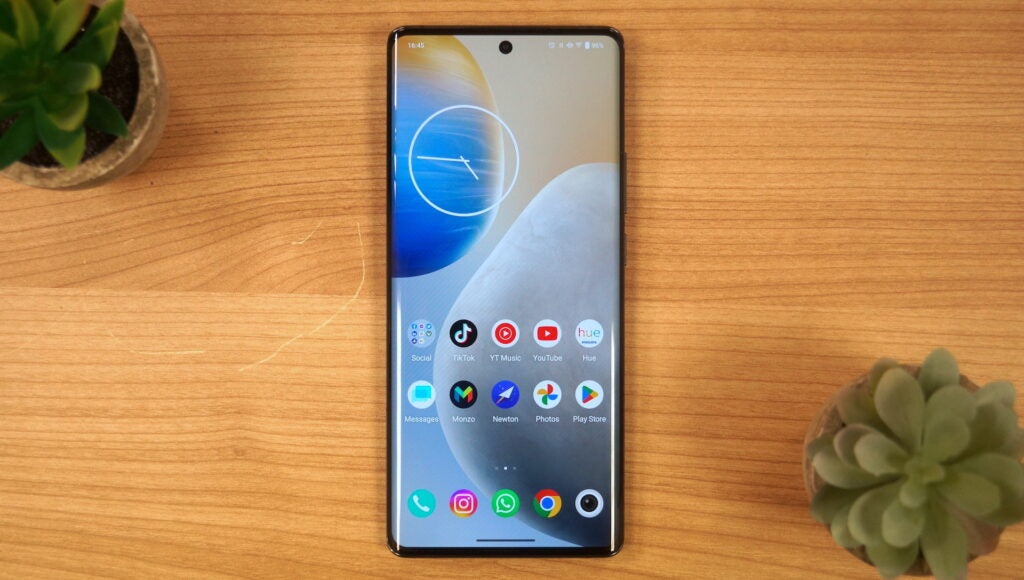During Computex 2023, Arm announced a new GPU for portable devices, such as tablets and smartphones, which is said to offer a significant performance boost for gaming.
The GPU is called the Immortalis-G720, and will be based on Arm’s new 5th generation GPU architecture. Arm claims this is the most efficient GPU architecture the company has ever created, providing a 15% performance boost over its predecessor, while using up 40% less memory bandwidth.
If you’re unfamiliar with the company Arm, then it’s important to note that it provides the chip architecture for pretty much every single smartphone and tablet on the market, whether you own an Android, iPhone or even an old Blackberry.
So to hear that Arm is making such significant enhancements to its GPU architecture should be music to the ears to anyone who plays games on a mobile device.
The new graphics architecture also introduces a new feature called Deferred Vertex Shading (DVS for short), which will make it easier for partners to scale for larger core counts and higher performance points. This will likely raise the performance ceiling for companies that want a souped-up chip inside a purpose-built phone for gaming.

Arm has not revealed which partners and phones will be the first to make use of the new Immortalis-G720 GPU, but with MediaTek adopting the previous generation (Immortalis-G715 GPU) for its Dimensity 9200 processor back in 2022, it looks a likely frontrunner.
In a quote from Arm’s press release, a Mediatek spokesperson said, “Arm’s innovative 2023 IP, the Cortex-X4 and Cortex-A720, and Immortalis G720 have provided an excellent foundation for our next-generation Dimensity flagship 5G smartphone chip, which will deliver impressive performance and efficiency through groundbreaking chip architecture and technical innovations.”
Arm suggests its 5th Generation GPU architecture will bring a “smoother gameplay and complex PC and console-like experiences to mobile”. Of course, Arm-based GPUs aren’t going to be challenging the power of the chips inside the PS5 and Xbox Series X anytime soon, even with some smartphones now having ray tracing support. But it certainly looks like smartphone chips are gradually closing the performance gap with portable systems and consoles from previous generations.





